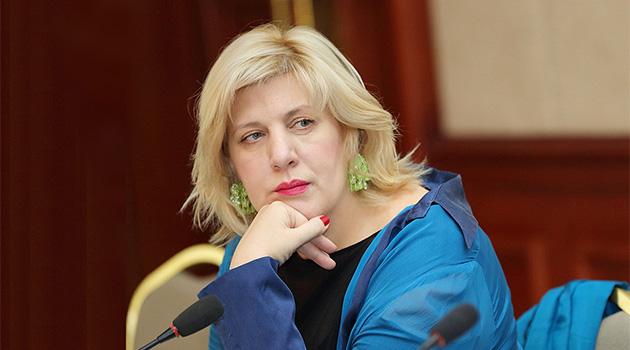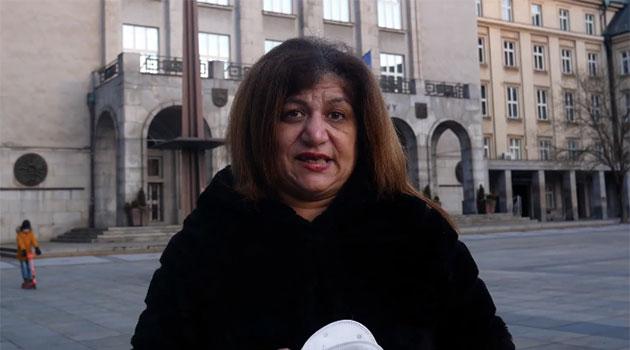Council of Europe Commissioner for Human Rights: Roma fleeing Ukraine frequently face discrimination and prejudice

Council of Europe Commissioner for Human Rights Dunja Mijatović issued a statement on World Roma Day related to the refugee crisis caused by Russia’s ongoing war on Ukraine. “… my thoughts are with Ukrainian Roma who not only suffer from the consequences of the horrific war in Ukraine but also often face discrimination and prejudices in Europe when fleeing Ukraine,” she said.
“In these difficult times, it is even more important to protect Roma and Travellers from being discriminated or left behind,” Mijatović said in her statement. In March, she and her team monitored the situation of Romani refugees in the countries bordering Ukraine.
The reports from Romani families fleeing the war, which are comprised almost exclusively of children and women, reveal that those who are providing humanitarian aid and transport to other refugees have discriminated against Romani ones, who allegedly have even been expelled from bus or train stations or evicted from temporary shelter. “As I already stated on 8 April last year, referring to another crisis – the COVID-19 pandemic – respect for the rights of Roma and Travellers, especially in times of hardship, is a litmus test for European democracies,” the Commissioner’s statement said.
“The current humanitarian crisis resulting from the war in Ukraine only puts in evidence and further amplifies the deep-seated prejudices and stereotypes that Roma and Travellers face every day in Europe,” Mijatović said. According to her, all Council of Europe member states should raise awareness about the vulnerability of such minority groups and the difficulties Romani people fleeing the war in Ukraine are facing both inside the country and beyond it.
Humanitarian aid must be provided to all without discrimination, and Romani people should have effective, equal access to education, health care, housing and jobs like all other persons fleeing Russia’s war on Ukraine. Since approximately 10-20 % of the 400 000 Romani people estimated to live in Ukraine have no citizenship documents, states should arrange for that not to be a barrier to their accessing either domestic or international legal protections.
“… states must effectively protect Ukrainian Roma women and children from risks of trafficking and exploitation as well as gender-based violence,” Mijatović’s statement continued. She also expressed appreciation for the “immense work” that Roma NGOs and others within and outside Ukraine are carrying out to alleviate the suffering of Ukrainian Roma.
The Commissioner for Human Rights again called on the Council of Europe member states to coordinate their efforts and to increase the humanitarian protection for Romani IDPs and refugees. “More generally, Council of Europe member states should step up efforts to fight against pervasive discrimination targeting Roma and Travellers in all fields of life throughout Europe,” she concluded her statement.
